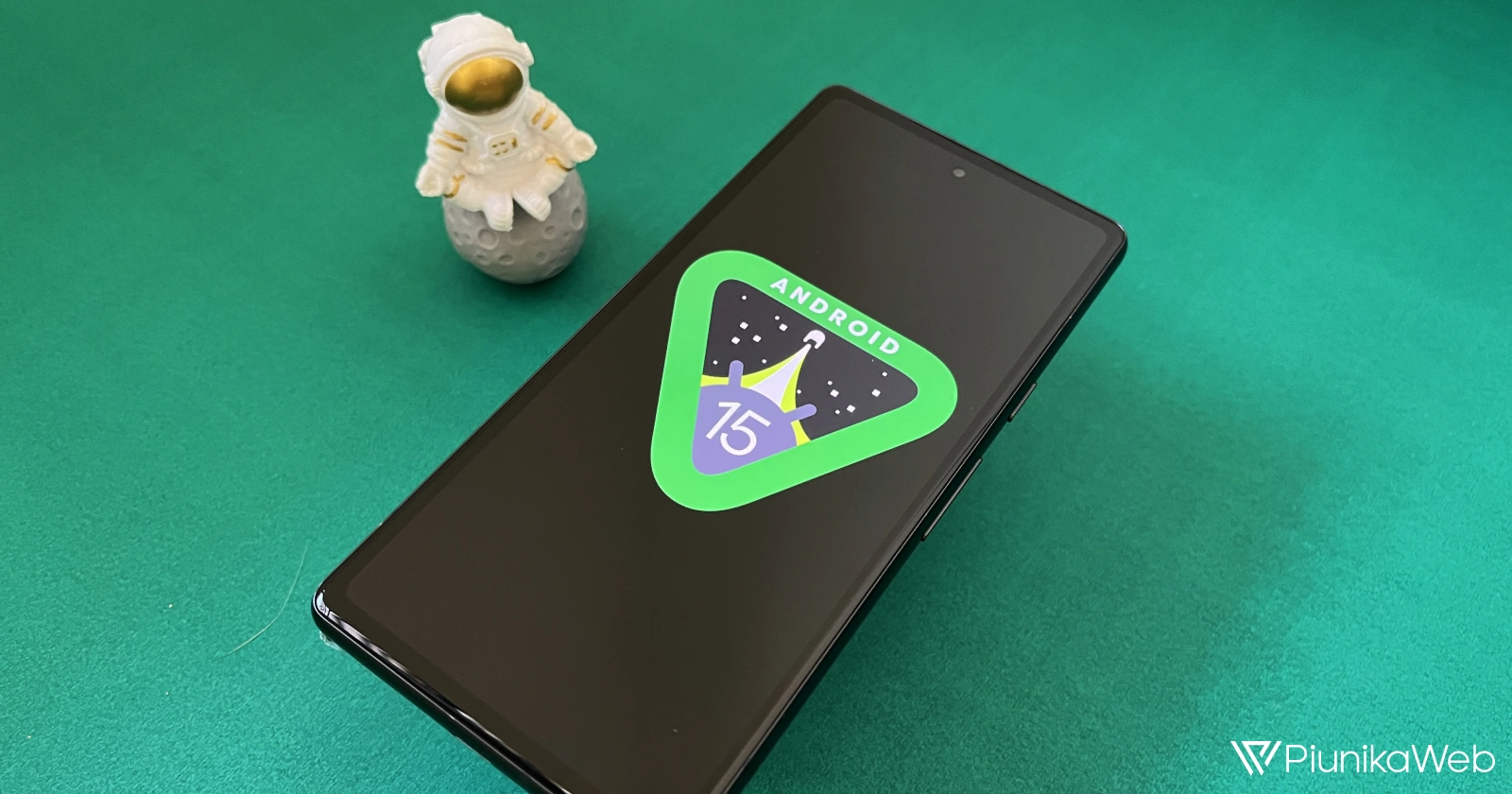Android users may soon gain a feature long enjoyed by iPhone owners: the ability to locate a lost or stolen phone even when it’s switched off. This capability, introduced on iPhones with iOS 15, gives Apple devices a slight edge in device recovery. While Samsung offers offline finding through SmartThings Find, this solution is less effective when a device is powered down. Google aims to level the playing field with Android 15, which will reportedly include a “Powered Off Finder API” to enable the ability to track compatible devices, likely beginning with upcoming Google Pixel 9 series, even when turned off.
Details suggest this API would allow devices to transmit Bluetooth signals even after the main Android system shuts down. This could make it possible to track and find your misplaced or stolen Pixel 9 or other compatible devices with a depleted battery or even when powered off (though some reserve power would still be required).
Hardware support will be crucial to keeping the Bluetooth chip functional after a shutdown, which is likely why this feature will be limited to compatible phones. Early signs of the “Powered Off Finder” were spotted in Android 14, and Google Play Services has reportedly been preparing for this capability in recent months.
This updated system would utilize precomputed “Finder Network” keys sent to the device’s Bluetooth chip, enhancing Android’s Find My Device network. However, a major hurdle remains: Apple has yet to adopt the standardized protocols necessary for seamless cross-platform tracking. Despite the potential of Android 15 and the Pixel 9, the functionality of this feature will depend on widespread network rollout.
Previous reports hinted at a “Pixel Power-off Finder” name and optional support for UWB (Ultra-Wideband) technology. While precise details remain unclear, this development signals Google’s commitment to improving security and recovery features for Android users.


